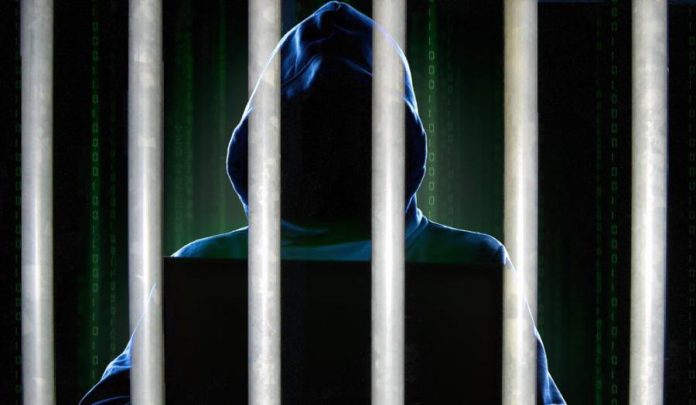
The Europol ran an operation named ‘Tarpit‘ that started on December 5 and ended on December 9. Its objective was to identify and capture people using DDoS-for-Hire programs that allow anyone to carry out denial of service attacks.
Europol’s European Cybercrime Centre (EC3) supported the anti-cybercrime departments from 13 countries in the hunt.
Australia, Belgium, France, Hungary, Lithuania, the Netherlands, Norway, Portugal, Romania, Spain, Sweden, the United Kingdom and the United States participated in the international sweep.
The security agencies followed the guidelines established by the EMPACT (European Multidisciplinary Platform against Criminal Threats). In total, there were 101 suspects, and most of them were young adults in their early 20s.
Operation Vulcanalia Targetted Netspoof users
The National Crime Agency (NCA), in the United Kingdom, joined Europol’s week of action with Operation Vulcanalia.
The agency focused on a piece of software called Netspoof, a program that allows anyone to carry out DDoS attacks regardless their technical expertise. Netspoof works like a subscription program that costs between £4 to £380.
According to the authorities, Netspoof was used in more than 90% of the DDoS attacks reported during the first quarter of 2016.
The NCA said twelve people were arrested in the United Kingdom. Thirty were given a cease and desist note, and the officials seized the computers of eleven suspects.
The FBI worked with the Europol and arrested a 26-year-old man in California. His name is Sean Sharma, and he is a graduate student from the University of South Carolina. The police booked him on December 9, the last day of Operation Tarpit.
Mr. Sharma bought a tool named “DDoS for Hire” to collapse the website of a San Francisco chat service company.
The NCA calls for a global operation
The NCA, Europol, and FBI all agree most of the people who use this kind of tools are not professional hackers. Using Netspoof or DDoS for Hire, any amateur can take a website down which is what makes this kind of programs so dangerous.
Operation Tarpit is the beginning of a huge awareness campaign. Officials say most cyber criminals start at a young age, and that they do it for fun. They do not understand the risk of cybercrime and the damage they could cause.
The Europol hopes the 34 arrests will make young people think twice about getting involved in illegal activities on the net, but they will probably launch similar swipes in the future, and they will almost certainly include more countries.
“The scale of the problem is truly global. It requires worldwide co-operation which we have seen on this job with the focus on arresting those who won’t change their ways, and trying to prevent those who will from future offending,” reads a statement on the NCA’s official report.










